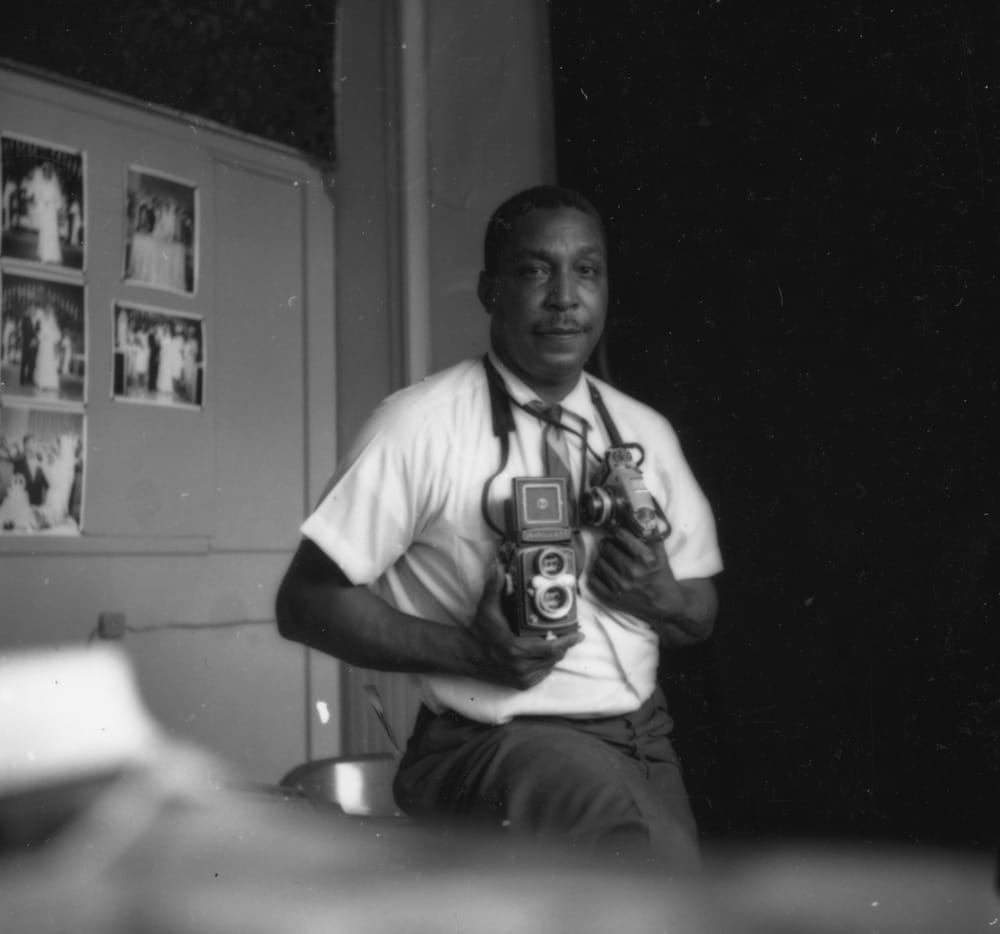Stay in the Loop
BSR publishes on a weekly schedule, with an email newsletter every Wednesday and Thursday morning. There’s no paywall, and subscribing is always free.
Capturing the story of civil rights movement photographer Ernest Withers
PBS’s Independent Lens presents The Picture Taker

The Picture Taker, a documentary film by director-producer Phil Bertelsen and producer-lead researcher Lise Yasui, opens a new window on the civil rights era and the assassination of Martin Luther King Jr. It’s told through the story of Ernest Withers, the Memphis-based African American photographer who produced some of the most iconic images of the civil rights movement. Withers was also a secret FBI informant, spying on the very events he was photographing. The film premiered on PBS’s Independent Lens on January 30 and is now available to stream on the PBS site.
Deeper than secrets
Marc Perrusquia, then an investigative reporter for a Memphis newspaper, discovered that Withers was a paid FBI informant after his death in 2007. Perrusquia, who is interviewed in the film, made national headlines in a newspaper series about it in 2010. But according to several people interviewed in the film, Ernest Withers’s work as an FBI informant was at least rumored within the Black community during Withers’s lifetime.
The film begins at that point: not revealing but confirming Withers’s FBI role through an extensive collection of FBI reports (secured by the filmmakers through the Freedom of Information Act) and interviews with experts who describe how the FBI operated during the Cold War, including FBI director J. Edgar Hoover’s determination to disrupt the entire Black political movement. Withers, with his deep roots in Memphis, his place at the center of civil rights circles, and his profession as a photographer, would be considered “golden” by the FBI, in the words of one of the experts. He was the ideal informant.
Civil rights leaders, Black political activists, Withers's family members, and others, all weigh in on Withers’s culpability and legacy and speculate on what motivated the revered photographer to align himself with the FBI. Withers himself, shown in a series of interviews filmed in the 1990s and early 2000s—prior to the current film—shares only his artistic process and his commitment to cover the life of Black Memphis and record the civil rights struggle: “I was there to take pictures.”
While the film unfolds Withers’s complex personal story, the extensive collection of his photographs shown in the film describes many critical moments of the civil rights struggle. These historical details and the still-unresolved assassination of Martin Luther King Jr. on April 4, 1968, at the Lorraine Motel in Memphis, are what makes The Picture Taker so prescient and relevant today. Underlining the sorrow of the assassination, the film weaves in a contemporary concert for the unarmed victims of police abuse.
What, When, Where
The Picture Taker. By Phil Bertelsen and Lise Yasui, directed by Bertelsen. Through April 2023 on the PBS website. Check local stations for more details. (415) 356-8383 or itvs.org.
Sign up for our newsletter
All of the week's new articles, all in one place. Sign up for the free weekly BSR newsletters, and don't miss a conversation.

 Kathryn Smith Pyle
Kathryn Smith Pyle